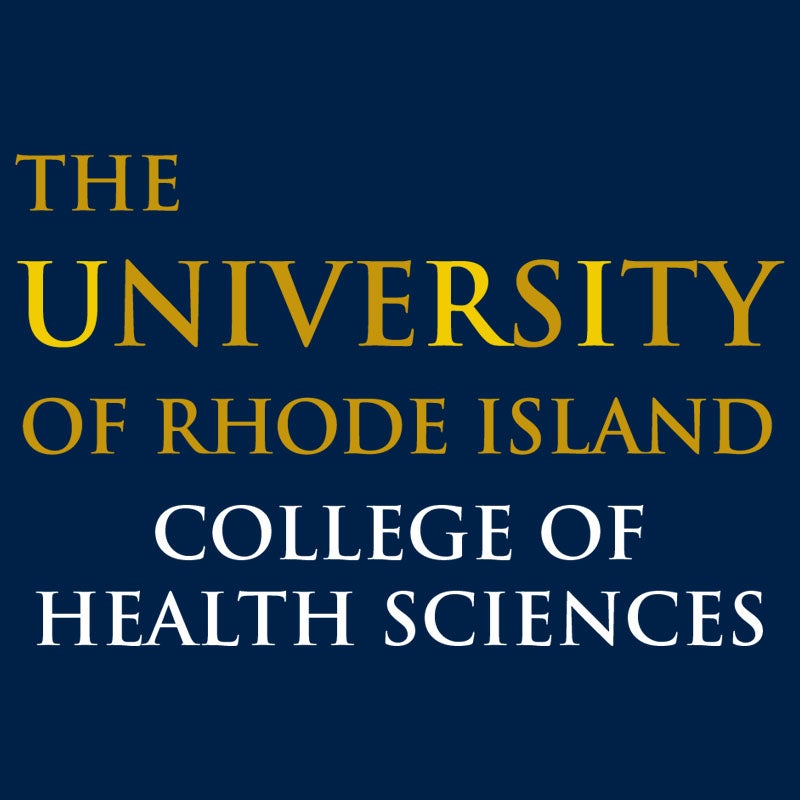Irene McIvor-Mason’s paper ties financial independence to well-being among young adults
Having three college age children, Irene McIvor-Mason is well acquainted with the struggles of managing college cost and student debt. However, her expertise in this area extends well beyond her family experiences and has led to a national honor.
A developmental science graduate student and part-time Human Development and Family Studies faculty member at URI, Irene has been honored by the Association for Financial Counseling and Planning Education (AFCPE) for having the top 2017 student paper. Her paper, “Subjective Well-Being and Financial Independence of Young Adults,” was selected as the organization’s 2017 Outstanding Symposium Student Paper Award Winner.
“Shocked and surprised,” was her reaction to the email informing her that she had been selected for the award. “It was a great honor to be recognized,” said Mclvor-Mason, who credited Professor J. Xiao, for encouraging her to submit her paper. “There was no expectation for winning anything. It was a really big surprise and I was delighted. Writing and presenting the paper was also a good learning experience.”
Besides her children, her interest in the topic came from her background in health and nursing. She focused on mental health issues in young adults and how student loans and debt can add to stress and anxiety. This was a different approach to the subject of financial well-being, which may have surprised some of the reviewers. Along with trying to help her children become financially independent young adults, she stresses that society must play a role in helping young adults learn how to manage their finances successfully.
“Financial independence is a stepping stone to adulthood,” McIvor-Mason said. “Many people believe that if they can achieve financial independence, it will allow them to get married, cohabitate, have children, etc. – all events that are typical hallmarks of adulthood. The period of young adulthood, which ranges from ages 18 to 25, is a time in which we can help young people establish solid financial footing so they can achieve these goals.”
Mclvor-Mason returned to school because of her nursing background and interest in infants and attachment theory.
“Since moving to Rhode Island three years ago, I had been thinking it was time to go back to my first love, and the developmental science program in the Human Development and Family Studies Department met my needs. So I applied, was accepted and became a grad student,” she said.
She is finishing up teaching one class this semester and plans to teach two next semester, one in psychology and one in human development. Graduating in December with her master’s degree, she is considering applying to a doctoral program.

